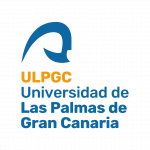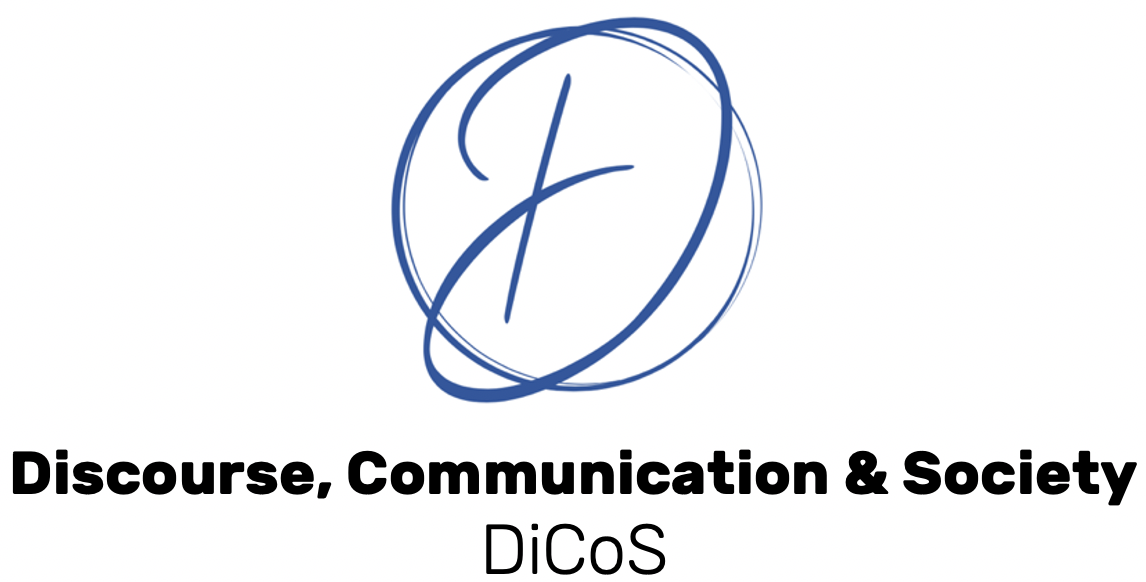Research project:
Interpersonal devices in specialized household and public instructional texts written by women in modern English (MINTEXTIM)


Participating universities:
Universidad de Las Palmas de Gran Canaria, Universidad de Sevilla, Universidad de Alcalá y Wyzsza Szkola Bankowa w Poznaniu




Funding
- Agencia Canaria de investigación, innovación y sociedad de la información. Project reference: CEI2020-09. Start: 1 June 2022. End: 20 October 2022.
-
Plan Estatal de Investigación Científica, Técnica y de Innovación 2021-2023. Ministerios de Ciencia e Innovación. Project reference: 125928NB-100. Start: 1 September 2022. End: 1 September 2025.
Our aim
The main purpose of the project presented here is the study of interpersonal mechanisms in specialised instructional texts written by women in modern English. The starting hypothesis is that the female writers in our corpus of instructional texts in modern English do indeed make use of interpersonal markers to indicate their point of view on any aspect of knowledge, which allows them to claim, and even assert, their position on traditionally male-dominated topics. In fact, as Ardington (2010: 127) points out in her study of conversational analysis in adolescent girls, the use of these mechanisms could also serve to empathise and negotiate attitudes during the communicative exchange, even contributing to the construction of their own identity as part of their community of practice. Conclusions along these lines can be drawn from the analysis of (im)politeness in texts written by women in seventeenth-century English by Alonso-Almeida and Álvarez-Gil (2022, text available online https://doi.org/10.1075/jhp.20004.alo from 23/11/2021), which shows that interpersonal markers of (im)politeness are essential for the development of argumentation and also to claim part of a territory that is largely alien to women, even if they are topics that they consider their own, as in the case of gynaecology (Alonso-Almeida and Sánchez 2016).
It is logical to think that, in addition to politeness, a web of relational marks is used which may or may not present variation according to situational and cultural (register and textual genre) and possibly temporal contextual variables. This hypothesis, although it reflects a linguistic fact to be expected in any speaker, does not rule out the possibility that women, depending on the time and their social situation, may use markers similar to those used by men, although it is expected that there is a set of markers, as seen in the aforementioned study by Alonso-Almeida and Álvarez-Gil (2022), which are specific to non-literary writing by women. All of this would allow us to show more clearly the role that women have historically played in the construction of scientific thought.
Our methods
Our method is based on the use of corpus linguistic tools to identify the use of interpersonal strategies in texts written by women, as well as statistical means to evaluate the findings. Our examination of manuscripts and printed sources also requires philological practices to ensure the correct reading of the texts. In addition, we also deploy sociolinguistic, pragmatic and discourse analysis methodology to adequately describe and justify the interpersonal patterns detected.

Evidence
Our data comes from a wide range of contemporary sources held in both digital and physical repositories. The data will be made accessible to the public when the time comes, once the group has collected and organised the data in a coherent way according to selected criteria. The group has the generous help and support of the University Library of Las Palmas de Gran Canaria to disseminate the data and to have control over its regulated use.

Contact
Name: Francisco Alonso-Almeida
Department: Department of Filología Moderna, Traducción e Interpretación
Address: c/ Perez del Todo, 1, E35003. Las Palmas de Gran Canaria, Universidad of Las Palmas de Gran Canaria, Spain
@ francisco.alonso@ulpgc.es
